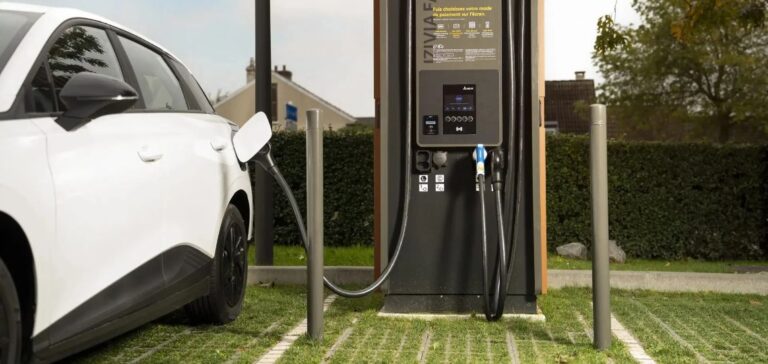France has reached a significant milestone in its shift towards sustainable mobility. As of October 2024, the country had 150,052 public charging points for electric vehicles, marking a substantial 35% increase over the past year, according to the report from the National Association for the Development of Electric Mobility (Avere-France). This number has also tripled over the last three years, underscoring the collective effort of public authorities and private actors.
This public infrastructure adds to the 2 million private charging points already installed in homes and businesses, according to estimates by Enedis, the electricity distribution network operator. This development demonstrates the mobilization of all stakeholders to meet the growing demand for electric vehicle charging solutions.
Ambitious Objectives for 2030
The government has set high ambitions: reaching 400,000 public charging stations by 2030. However, despite this progress, certain challenges remain. As of October 2024, only 10% of the deployed charging points offered a power output exceeding 150 kW. These so-called fast chargers can recharge an electric car up to 80% in less than 30 minutes, a feature deemed crucial to convincing more drivers to transition to electric vehicles, particularly along major highways.
Generally Reliable Availability
The availability of charging points remains a strong aspect of the French ecosystem. Approximately 70% of the stations were operational 99% of the time in October, while only 5% experienced outages lasting more than seven consecutive days. According to Avere-France, motorists currently have a 95% chance of finding an immediately accessible charging point in a station with multiple chargers.
Managed Energy Consumption
Despite their growing numbers, public charging points consumed only 45.9 gigawatt-hours of electricity in October 2024. This represents about 0.01% of the country’s total monthly electricity consumption, or roughly one-tenth of the monthly output of a 900-megawatt nuclear power plant.
This rapid growth in the electric charging sector reflects France’s commitment to leading the European energy transition. It remains to be seen whether these efforts will sufficiently encourage a larger number of consumers to adopt electric vehicles on a massive scale.






















